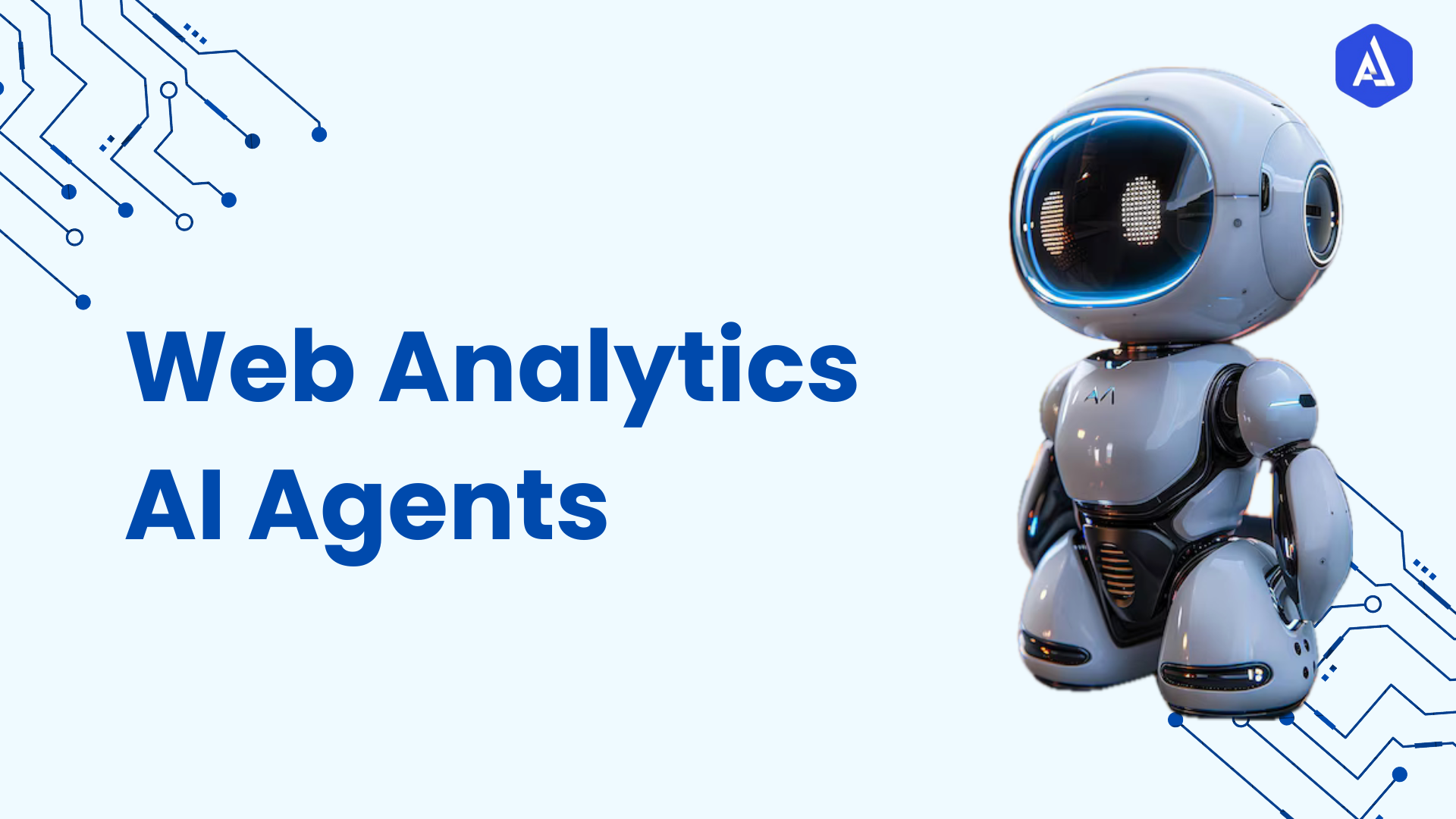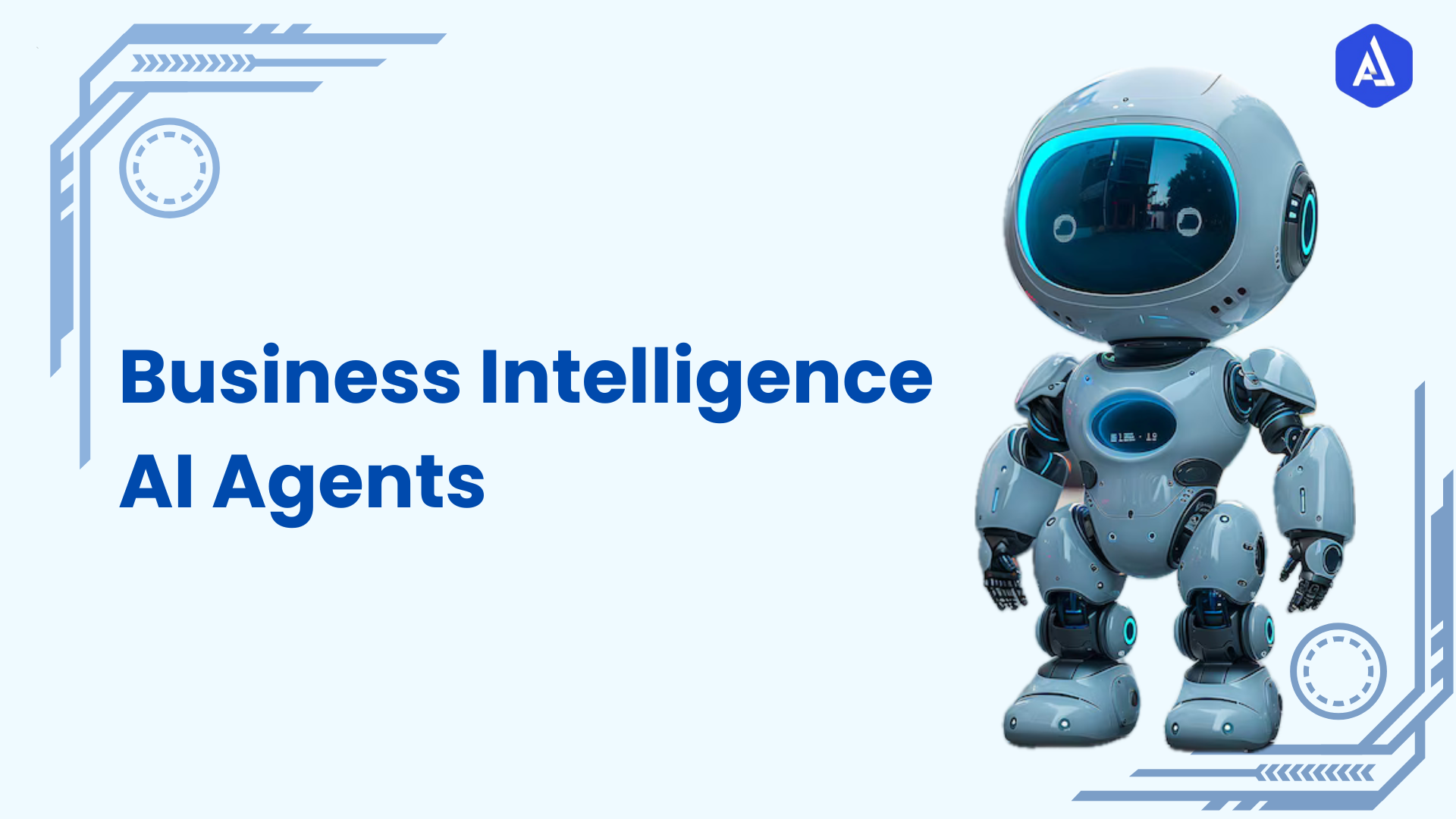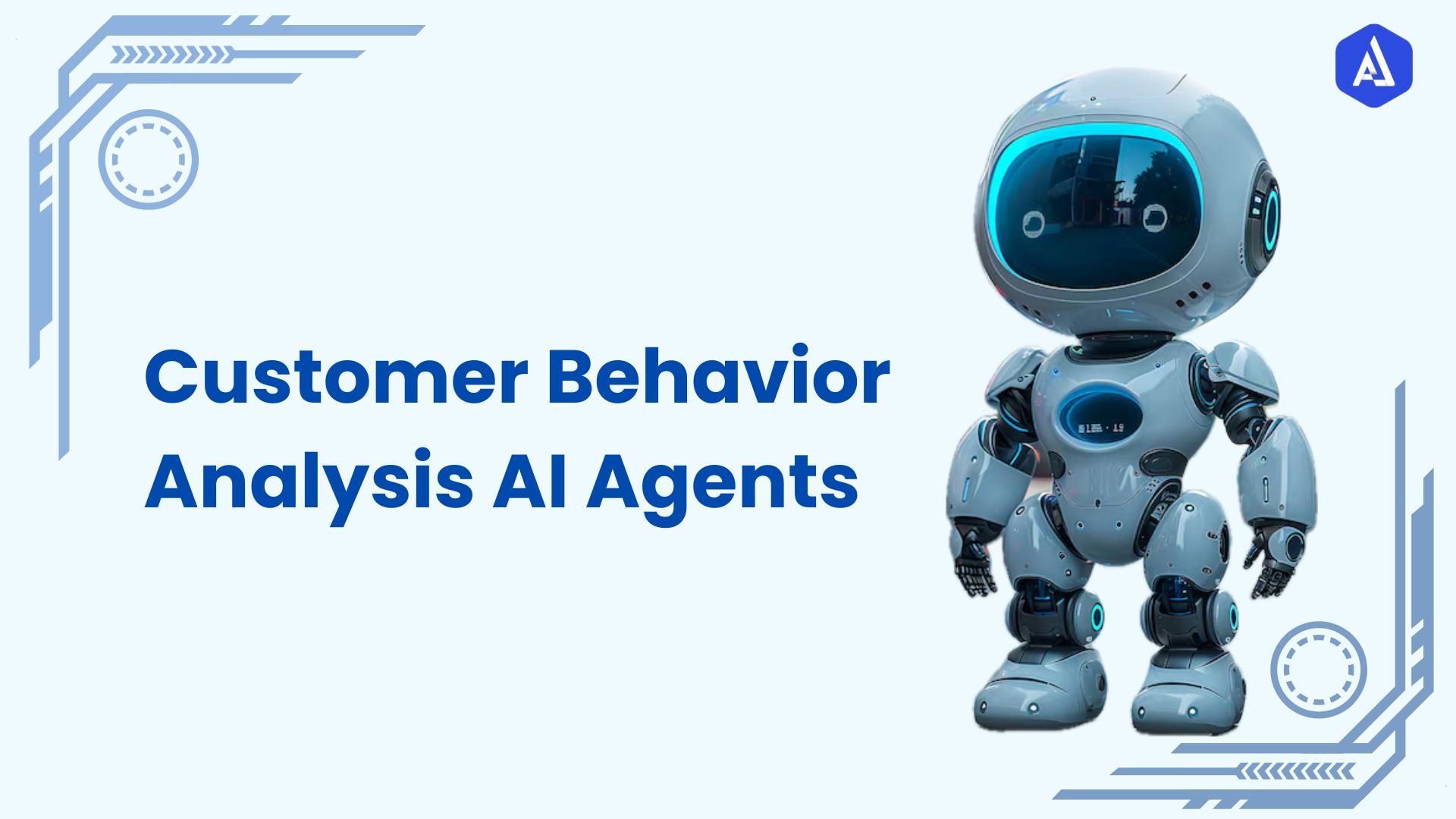In today’s fast-paced business environment, customer support plays a critical role in maintaining strong relationships and enhancing customer satisfaction. To meet evolving demands, we have developed an AI-powered customer support agent designed to work seamlessly with existing processes, augmenting human capabilities and transforming the way businesses engage with customers. Our AI agent is built to improve operational efficiency, reduce costs, and provide exceptional service experiences.
About the Customer Support Process
Customer support traditionally involves multiple steps: from receiving inquiries through various channels (email, phone, chat) to resolving customer issues.
Traditional Customer Support Process:
-
Inquiry Reception: Customers reach out with queries through various channels (email, phone, chat, social media).
-
Initial Query Handling: Frontline support agents answer routine, common queries and basic troubleshooting.
-
Escalation of Complex Issues: More complicated or specialized cases are forwarded to senior agents or specialized teams.
-
Knowledge Base Management: A centralized knowledge base is maintained to provide agents with information and solutions to common problems.
-
Problem Resolution: Agents resolve customer issues through communication and action, such as providing solutions, troubleshooting, or issuing refunds.
-
Follow-up: Ensure the customer is satisfied with the resolution and close the case.
These existing frameworks are further enhanced with our AI agent by automating such tasks as sorting queries, providing initial responses, and looking up information from the knowledge base. Most of the requests that come in can be handled independently and further freeing humans to work on more complicated issues that require empathy, creativity, and more advanced problem solving.
The agent analyzes incoming inquiries, priorities them by urgency, and routes the queries to the right team member or self resolves them, streamlining workflow and decreasing resolution time. The AI agent is able to scale the customer support process by working in synergy with human agents. During peak hours or special events, it processes high volumes of requests in a way that ensures consistent service quality.
About the Customer Support AI Agent
Our AI customer support agent is a sophisticated system driven by advanced Natural Language Processing (NLP) and Machine Learning Algorithms. It can understand or answer a customer on chat, email, and social media, making it a multi-platform customer support. An agent’s core duty is taking customer requests and processing them, offering constructive responses, suggestions, or troubleshooting support.
What sets our AI agent apart is its continuous learning ability. The results of each customer interaction add to the agent’s ability to handle more complex queries progressively over time. It is designed to integrate into existing systems like CRM platforms, ticketing systems, knowledge bases, etc. This ensures that it has access to the most up-to-date information, allowing it to provide accurate responses.
Moreover, the agent also keeps a record of customer interactions and a history of personalized support during follow-up. The AI escalates the problem up to a human agent smoothly, along with all contextual information, creating minimal disruption.
Benefits and Values
The integration of an AI-powered customer support agent offers numerous benefits that directly impact both operational efficiency and customer satisfaction:
-
Improved Efficiency: The AI agent can handle a high volume of requests simultaneously, significantly reducing wait times. This allows human agents to focus on more complex queries and strategic tasks, leading to a more productive team.
-
24/7 Availability: AI agents do not need breaks or downtime, making them ideal for providing continuous support across different time zones. This round-the-clock availability improves accessibility for customers and enhances overall satisfaction.
-
Cost Reduction: By automating routine tasks, businesses can reduce the number of human agents required to maintain high levels of support. This leads to significant savings on staffing and operational expenses.
-
Consistency: AI agents are designed to provide uniform responses based on the most up-to-date information available, ensuring a consistent customer experience. Human agents, on the other hand, may inadvertently provide inconsistent service due to fatigue or varying levels of experience.
-
Personalization: By analyzing customer data and previous interactions, the AI agent is capable of offering highly personalized support. It can recall past issues, preferences, and recommendations, creating a more tailored experience for each customer.
-
Enhanced Decision-Making: The AI’s data-driven insights can help organizations make informed decisions about product improvements, marketing strategies, and customer retention. By tracking customer sentiment and identifying recurring issues, businesses can stay ahead of potential challenges.
-
Seamless Human-AI Collaboration: When a customer’s needs exceed the AI agent’s capabilities, the agent can hand off the interaction to a human agent, providing all necessary context for a smooth transition. This reduces friction and ensures a superior customer experience.
Use Cases
The flexibility of our AI agent makes it applicable to a wide range of use cases across industries. Here are some of the most prominent applications:
-
E-Commerce: In the e-commerce space, where there are literally thousands of order inquiries coming in daily from customers, primarily around order status, product information and returns, the AI agent can quickly answer these questions effectively. It can also analyze customer behaviors and make recommendations on which products to buy or point out why these products are not sold enough.
-
Healthcare: The AI agent is helpful to patients in scheduling appointments, receiving insurance inquiries and follow up reminders for the healthcare providers. It can also deliver basic medical information (e.g., pre-appointment guidance) and ensure compliance with the regulation of privacy.
-
Financial Services: For banking, AI agent provide 24/7 assistance with inquiries into account, general transactions statuses, even financial advice through customer data. It can identify trends in the customer's behavior so that it could flag potential matters like fraud or unauthorized transactions on a real time basis.
-
Telecommunications: AI agents can build telecom companies’ capacity to help customers resolve service troubleshooting, billing questions, and account management. Human agents can automate the routine support to be able to focus on the technical support which requires deeper knowledge.
This shows how the AI agent can be customized towards the specific requirements across different sectors and increase efficiency on both the sides of customers and operations.
Considerations
While the implementation of an AI agent brings considerable advantages, there are a few technical and operational challenges to address:
-
Data Privacy and Security: The AI will process sensitive customer data, so ensuring robust security protocols and compliance with privacy laws (such as GDPR) is crucial.
-
Integration with Existing Systems: Ensuring that the AI agent integrates smoothly with existing platforms (CRM, knowledge bases, ticketing systems) is key to maintaining continuity and efficiency.
-
Training and Maintenance: The AI agent requires ongoing training to stay current with changing customer needs, product updates, and industry trends. Regular maintenance is necessary to ensure the system remains effective.
-
Managing Customer Expectations: Some customers may prefer human interaction over AI-driven support. It’s important to meet these expectations by offering a clear handoff to human agents when necessary.
-
Operational Adjustments: Businesses will need to adjust workflows to accommodate the hybrid AI-human model, ensuring that both teams work in harmony.
Usability
-
Setup and Operation:
-
Initial Setup: Integrate the AI agent with your existing customer support tools (CRM, ticketing systems, knowledge base) for smooth operation. The AI automatically connects to multiple platforms such as email, chat, and social media to handle queries.
-
Customization: Tailor the agent to your business needs by training it with frequently asked questions and support workflows specific to your industry.
-
Real-Time Interaction: Once set up, the agent immediately begins handling customer inquiries, providing answers, troubleshooting, or routing complex issues to human agents when needed.
-
-
Troubleshooting:
-
Data Issues: The AI agent may occasionally struggle with understanding certain queries or customer contexts. In these cases, manual intervention is required, but the system will learn and improve over time.
-
Integration Problems: If the agent is not interacting well with existing systems, troubleshooting the integration process or contacting support for assistance will help resolve the issue.
-
Continuous Improvement: Regular training with updated product information and customer feedback ensures the AI keeps improving its responses and performance.
-
By following these steps, users can fully utilize the AI agent to enhance customer support efficiency, ensuring quicker response times, personalized service, and smoother human-AI collaboration.
The Future of Customer Support
The potential with this is boundless as AI technology evolves. Future iterations of AI agent will likely incorporate advanced emotional intelligence, enabling it to detect and respond to emotional cues with greater sophistication. Therefore, the agent will be able to offer more empathetic answers to escalating customer issues and higher sensitivity issues, which will improve customers' perception of service and the firm as a whole.
Additionally, AI agents will grow more proactive about examining the patterns in customer behavior and predicting the need before the customer himself notices the need for the help, minimizing the friction and increasing customer satisfaction. And another exciting possibility is the ability of the AI agent to work across all channels: voice, video calls, etc., to provide an omnichannel experience. Through this, customers will have the flexibility to use any communication platforms during the engagement process with support.


